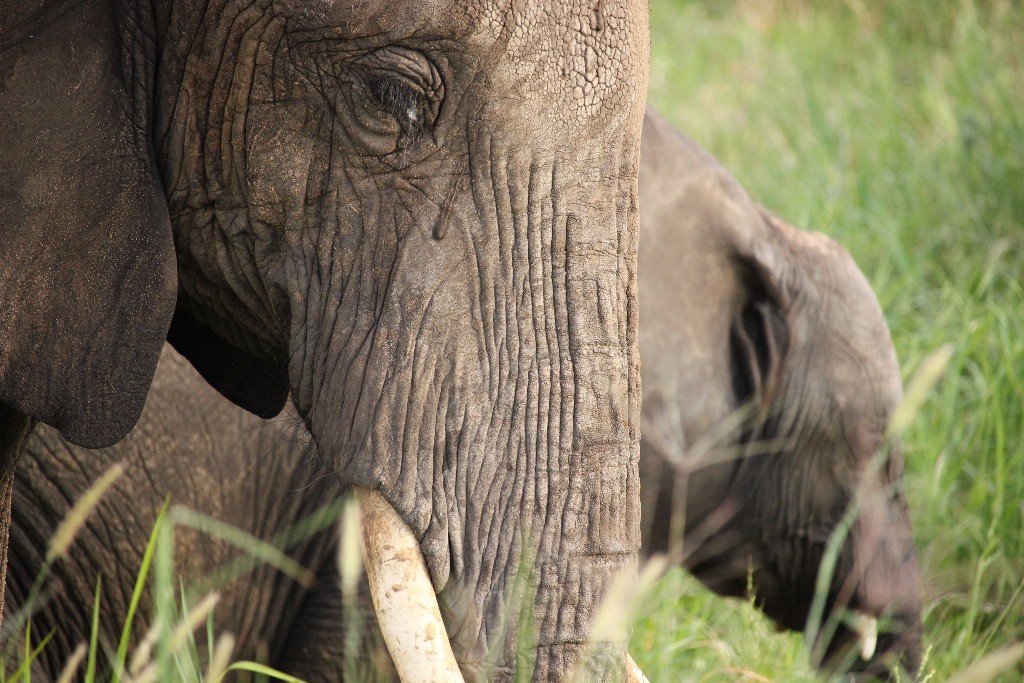D.C. Councilmember Mary Cheh reintroduced a bill that would make it illegal to import, sell, offer to sell, purchase, barter or possess with intent to sell ivory and rhino horn products. The city is currently thought to be one of the largest markets for items produced from elephant tusks and rhino horns.
“It turns out that because D.C. doesn’t have any laws regulating this industry, the market has moved here… It’s an opportunistic market, and it doesn’t reflect the values of our residents, but it’s here,” Cheh said, adding “The District of Columbia should not be the sanctuary for profits of animal slaughter.”
According to her, it would be distressing for D.C. residents to learn that the city has been described by the National Geographic as “the new hub for ivory sales in the United States,” and the scope of ivory traffic would be shocking for them.
The Humane Society of the United States released earlier this week the results of its research on the undocumented sale of those products. During the investigation that took place between April and June 2019, “dozens of ivory items worth hundreds of thousands of dollars – in the form of a whole elephant tusk, figurines and jewelry for sale” were found in Washington, D.C.
Among the items found by undercover investigators for sale were:
Full elephant tusk, carved – $600,000
Multi-figurine ivory game board – $48,000
Various ivory figurines – $100s to $1,000s
However, the ivory sellers were unable to document the age or the origin of the ivory for verification, which made it impossible to know whether they were imported in violation of federal law.
“The city has no local law prohibiting intrastate trade in wildlife products like ivory and rhino horn. Legislation has been introduced in the Council of the District of Columbia that would prohibit sales of certain ivory and rhino horn products within the District,” the report said.

